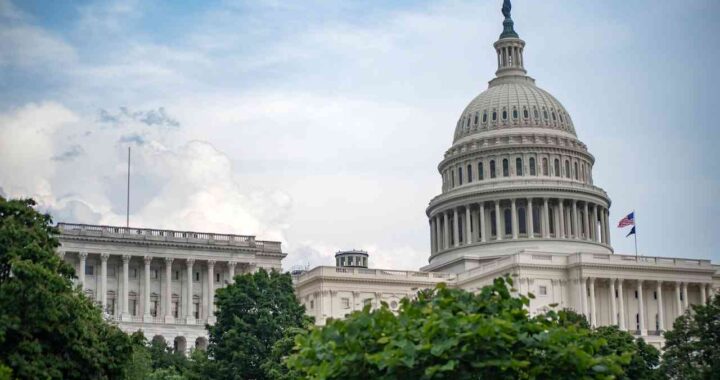Recent Reports Suggest Ukraine Might Be Behind Tucker Carlson’s Firing

The news that media mogul Rupert Murdoch reportedly had a call with Ukrainian President Volodymyr Zelensky in March has sparked speculation about its potential link to the ousting of Fox News’ top critic of U.S. support for Ukraine in its war against Russia, Tucker Carlson. While the details of the conversation between Murdoch and Zelensky remain sparse, it is clear that they did not discuss Carlson directly. However, the timing of the call, just weeks before Carlson’s firing, has raised questions about its possible connection to the controversy.
Senior officials in Ukraine have made no secret of their dissatisfaction with Carlson’s coverage of the country’s ongoing conflict with Russia. Carlson has been criticized for his sympathetic portrayal of Russian President Vladimir Putin and his criticism of U.S. support for Ukraine. In March, Carlson faced backlash for questioning why the U.S. should care about Ukraine, saying, “Why is it our job to make Ukraine safe?” These comments were widely condemned by Ukrainian officials and others who see Russia as a major threat to global security.
Given this history of tension between Fox News and Ukraine, the timing of Murdoch’s call with Zelensky is certainly noteworthy. However, without more information about the content of the conversation, it is impossible to say for sure whether it had any connection to Carlson’s firing. It is worth noting, however, that Zelensky also recently held a call with Murdoch’s son and heir apparent, Fox Corp. CEO Lachlan Murdoch, which has further fueled speculation about the company’s relationship with Ukraine.
Regardless of the specifics of the call, this incident highlights the complex web of relationships that exists between media companies and political leaders around the world. Rupert Murdoch is one of the most powerful media figures in the world, with a vast network of news outlets and entertainment properties that reach millions of people every day. His influence is particularly significant in the United States, where his Fox News channel has become a major force in conservative media.
At the same time, Ukraine is a country that has been embroiled in conflict with Russia for years, and its relationship with the U.S. is crucial to its survival. As a result, Ukrainian officials are understandably sensitive to any media coverage that they feel does not accurately reflect the gravity of the situation. When a major media figure like Tucker Carlson questions the importance of supporting Ukraine in its fight against Russia, it is not surprising that Ukrainian officials would take notice and push back.
The controversy surrounding Carlson’s firing also highlights the growing divide between different factions within the conservative movement in the U.S. While many conservatives continue to support the U.S. government’s stance on Ukraine and see Russia as a major threat, others have become increasingly skeptical of U.S. interventionism and are more sympathetic to Russia’s perspective. This divide has been exacerbated by the rise of populist movements both in the U.S. and around the world, which have often been critical of traditional conservative foreign policy.
In the end, the truth about the relationship between Murdoch’s call with Zelensky and Carlson’s firing may never be fully known. However, this incident serves as a reminder of the complicated web of relationships that exists between media companies, political leaders, and the public, and the importance of understanding the ways in which these relationships can shape our perceptions of the world around us. As media continues to evolve and become more influential, it will be essential for us to stay vigilant and continue to question the information we receive from these sources.



 Pat Robertson Hits the Fundraising Panic Button
Pat Robertson Hits the Fundraising Panic Button  If You Hate Politicians, Don’t Shoot Them
If You Hate Politicians, Don’t Shoot Them  ’Protecting Pat Robertson”: “Pat Goes Into Panic Mode” (Part 3)
’Protecting Pat Robertson”: “Pat Goes Into Panic Mode” (Part 3)  Republican Senators Are Beginning To Second Guessing President Trump
Republican Senators Are Beginning To Second Guessing President Trump  What Mistakes or Pitfalls Could I Have Helped Myself Avoid?
What Mistakes or Pitfalls Could I Have Helped Myself Avoid?  SaaS and Technology Agreement Attorneys in New York City
SaaS and Technology Agreement Attorneys in New York City  A Real Shift in Nutrition Policy — And Why It Gives Me Hope
A Real Shift in Nutrition Policy — And Why It Gives Me Hope  Move That Body
Move That Body